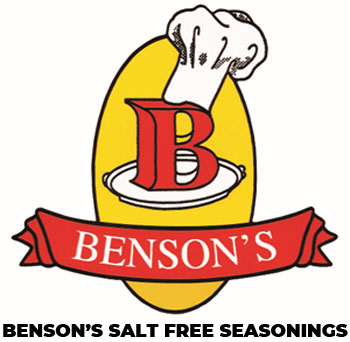by Debbie Benson
Seasonings are so important when cooking a healthy diet. There are ways you can bring out the flavor of seasonings, herbs, spices and chilies. How you cook them, when you add them and how you store them all make a difference when trying to maximize flavor.
Here are a few cooking tips:
Blooming: This is a cooking technique commonly used to maximize the flavor of heartier or spicier seasonings or spices, like chili or curry blends. In a hot pan with or without oil, you add the seasoning and let it cook or toast for a minute or two until it becomes fragrant but does not burn. Quickly add some liquid to stop the cooking process. Or, if you’re cooking aromatics like onions, let the onions are soften a bit, then add the seasoning and let cook a few more minutes. This technique really helps bring out or enhance flavor, especially for soups, stews and some sauces.
Black Pepper: When is the best time to add black pepper to a recipe? Freshly ground black pepper is the key to achieving the most peppery taste. Try not to use pepper already ground in a can or shaker. The flavor difference is huge. When pepper is freshly ground, the oils in the peppercorns are fresh and potent. It also matters when you choose to add the pepper to your cooking. Generally, you will want to pepper the food prior to cooking or browning. The cooking process will mellow the pepper taste. For a stronger flavor, add more at the end of cooking. This way the pepper oils are fresh and flavorful. Add more to suit your taste.
Cayenne and ground chilies: The oils in cayenne or chilies can dry out quickly. It is important how you store them. Usually in just a few months you will notice a difference in flavor and especially the heat level. Cayenne can lose its heat pretty quickly. Store in a cool dark place like the pantry or in the cupboard. Do not store near the stove, or a window, or near humidity, such as in the refrigerator, or near a dishwasher. This storing tip goes for all seasonings.
Fresh Herbs: When is the best time to add fresh herbs? There are hearty herbs and delicate herbs. Heartier herbs like sage, rosemary, thyme, bay leaves, oregano and marjoram should be added at the beginning of the cooking process. Whole herbs or large sprigs can be added to flavor the oil or the water, at the beginning and should be removed before serving. Minced or finely chopped herbs may burn as they cook faster and should be added after the cooking process has started. For example, after the aromatics like onions have started cooking, then add the smaller bits of herbs. The more delicate herbs are parsley, cilantro, tarragon, basil and chives should be added at the last minute. These can lose their bright fresh taste and color very quickly when cooked.
Seasoning your food well is the key to the most flavorful meals. Remember, not all seasonings are created equal. Some are not very flavorful to begin with. They may not be fresh when you buy them. Some herb and spice combinations just don’t taste good. Maybe the texture is too large to get into the food and seems to just sit on top. Sometimes there are fillers, artificial ingredients, preservatives, Msg and a lot of salt and sugar rather than being mostly herbs and spices. It is really important to know what is in the seasonings you are using, as this will greatly affect the taste of your food. This is especially true when you are trying to achieve a more flavorful, healthy diet.
